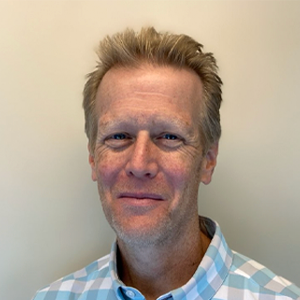Mark Laubach is professor of neuroscience at American University. His research group focuses on understanding the prefrontal cortex and its role in learning and decision making. Laubach and his graduate students, working with Alexxai Kravitz, maintain the National Science Foundation-supported OpenBehavior project.

Mark Laubach
Professor of neuroscience
American University
From this contributor
Unleashing the power of DIY innovation in behavioral neuroscience
Widespread adoption of open-source tools calls for more support and training.
Unleashing the power of DIY innovation in behavioral neuroscience
Explore more from The Transmitter
Neuroscience needs single-synapse studies
Studying individual synapses has the potential to help neuroscientists develop new theories, better understand brain disorders and reevaluate 70 years of work on synaptic transmission plasticity.

Neuroscience needs single-synapse studies
Studying individual synapses has the potential to help neuroscientists develop new theories, better understand brain disorders and reevaluate 70 years of work on synaptic transmission plasticity.
New insights on sex bias in autism, and more
Here is a roundup of autism-related news and research spotted around the web for the week of 16 February.

New insights on sex bias in autism, and more
Here is a roundup of autism-related news and research spotted around the web for the week of 16 February.
Neuroscience has a species problem
If our field is serious about building general principles of brain function, cross-species dialogue must become a core organizing principle rather than an afterthought.

Neuroscience has a species problem
If our field is serious about building general principles of brain function, cross-species dialogue must become a core organizing principle rather than an afterthought.